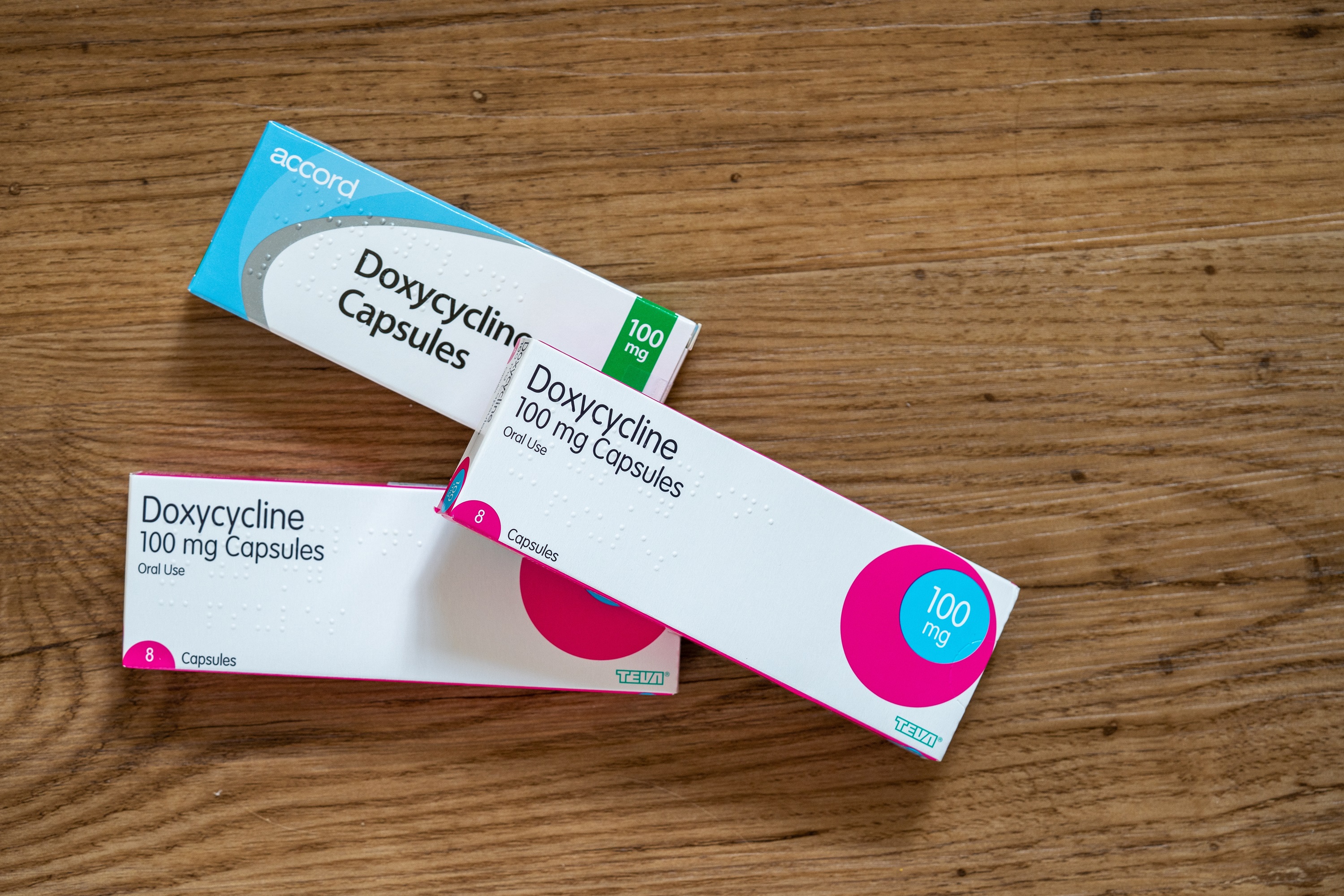Preventing the spread of some sexually transmitted infections (STIs) could be as simple as taking a couple of pills. At least, this is a possible scenario if DoxyPEP becomes more widely available worldwide. The treatment uses an antibiotic as a post-exposure prophylaxis – a preventative treatment that can stop the spread of bacterial infection.
Research on this approach is limited, but it has shown early positive results. So much so, in fact, that the US Centers for Disease Control and Prevention proposed guidelines for its use in October 2023, although these are yet to be finalized.
“DoxyPEP is what people commonly call it, but ‘doxycycline post-exposure prophylaxis’ in full is when people take 200 milligrams of doxycycline, which is an antibiotic, and they take it usually within 24 hours, but up to 72 hours of condomless sex,” Dr Manik Kohli, a Clinical Research Fellow at the UCL Institute for Global Health, told IFLScience. “This has been shown in three clinical trials to be effective in gay and bisexual men and in transgender women at preventing chlamydia, syphilis, and gonorrhea as well.”
Scientists see no reason why those results wouldn’t apply to everyone, but medical interventions require rigorous trials and so far those trials have included just a small section of people.
“We still don’t know enough about DoxyPEP efficacy in cisgender women, trans men, and non-binary people with vaginas. There’s only one existing study in cisgender women in Kenya, and the data from that was sort of mixed – it showed that DoxyPEP didn’t work as well. But there are also some suggestions that that was because the women in the study weren’t taking DoxyPEP as regularly as other people in other studies,” Dr Ben Weil, head of research and community knowledge generation at The Love Tank, told IFLScience.
More clinical trials are being conducted around the world and preliminary results suggest a reduction in the incidence of chlamydia and syphilis by over 80 percent. But the most interesting interim results come from real-world data from the San Francisco AIDS Foundation’s Magnet sexual health clinic. Dr Hyman Scott, who presented the results at the recent Conference on Retrovirus and Opportunistic Infections, reports how the clinic offered DoxyPEP to everyone who was already taking PrEP (pre-exposure prophylaxis) against HIV.
“We offered DoxyPEP to all those folks. We wanted to evaluate the impact of this intervention after we rolled it out in our clinic,” Dr Scott explained to IFLScience, “and we saw that the impact was rapid and it was significant.”
A small dose of this antibiotic might be a way to prevent STIs.
Image credit: Cliff Day/Shutterstock.com
There are now over 2,000 people who are currently using DoxyPEP for STI prevention and the uptake is generally equitable across race, ethnicity, and gender identities, although fewer trans men and no cisgender women were taking it at the time of writing. This is related to the lack of clinical trials including them. The results, though, are extremely promising.
“We saw a 58 percent reduction in STI incidents in less than a year after implementing this,” Dr Scott told IFLScience. “That’s the big highlight for what we saw in this analysis, and that number was a reduction in any STI. It was most dramatic for syphilis, where we saw a 78 percent reduction and we saw a 67 percent reduction for chlamydia.”
The reduction in gonorrhea cases was more modest (11 percent) but it might be possible that the downward trend is not as rapid as with the other two diseases. All of this is extremely encouraging, but researchers hope for more studies that can provide further insight into the effectiveness across different populations and at different doses and regimens.
“The research that exists does show that DoxyPEP is efficacious at preventing bacterial STIs, but the evidence is limited. I mean, there haven’t been that many studies, and there aren’t that many studies that have looked at more flexible dosing regimens,” Dr Weil told IFLScience.
“Just like with HIV prep or any kind of contraception, we know that the more options there are available in the ways of taking an intervention, the better it is because it can meet people who have flexible lifestyles and want to take things very, very differently.”
Another area of interest is if the use of doxycycline becomes more widespread, could that cause antibiotic resistance? Some preliminary studies are leaning towards no, and suggest it definitely won’t impact bacterial STIs, but there are questions to be asked about the bacterial colonies that live within us and on us.
“That is something that we definitely want to [and] need to understand more about. I don’t think that means that we should delay implementing DoxyPEP,” Dr Kohli told IFLScience. “DoxyPEP is evidence-based and it is efficacious. We’re currently seeing STI rates rising across the board and we’re seeing congenital syphilis rising for the first time in decades. So there is a real need to actually address that.”
Although the evidence so far looks promising, it’s important to note that even if DoxyPEP is implemented tomorrow, STI prevention is not just a matter of drugs. Stigma, inequalities, sexual and racial discrimination, limited funding for sexual health clinics, and the availability of interventions and education for different groups all make it more difficult to stop the spread of these diseases, which harms individuals and society as a whole.
Source Link: DoxyPEP: A “Morning After” Pill For STIs Could Be On The Horizon
